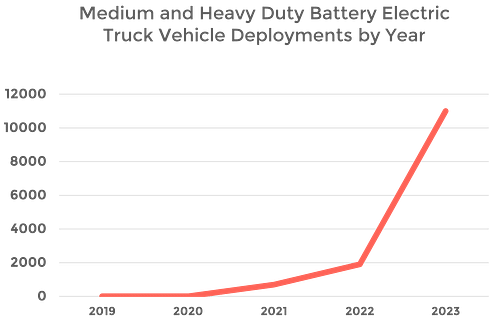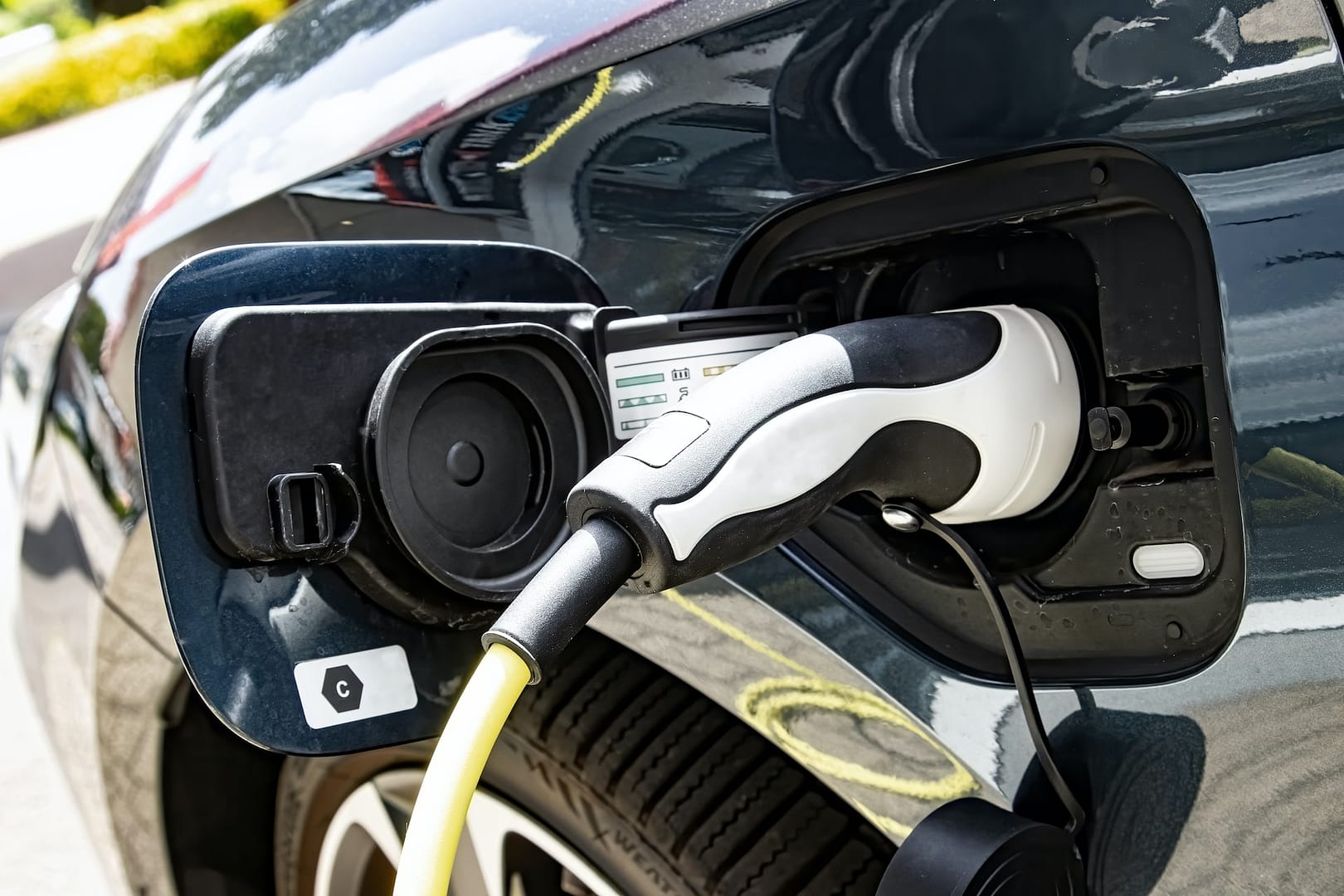You could qualify for one of two EV tax credits: the Clean Vehicle Credit, which is subject to an adjusted gross income (AGI) test, or a Qualified Commercial Clean Vehicle Credit, which is not subject to this test.
Option 1: Clean Vehicle Credit
The Clean Vehicle Credit (CVC) amount is $7,500 if the vehicle meets both the critical materials/battery components and USA assembly requirements. If it meets only one of these criteria, the credit is $3,750.
Eligibility for the Clean Vehicle Credit depends on the buyer’s modified AGI. If an S corp or partnership purchases the vehicle, the shareholder or partner will be subject to the AGI test. Here’s how it works:
- The buyer may claim the tax credit from the seller at the time of purchase or after purchase on their tax return.
- The AGI test will be conducted when the buyer files their tax return.
- If the buyer “fails” the AGI test and the credit was claimed at the time of purchase, the credit amount must be repaid—it is not refundable.
If not fully used in the current year, the Clean Vehicle Credit may be carried forward to a future tax year when it is claimed as a business credit on Form 3800.
Option 2: Qualified Commercial Clean Vehicle Credit
The amount of the Qualified Commercial Clean Vehicle Credit is equal to the lesser of:
- 15% of the basis for a hybrid car/30% of the basis for an all-electric car or
- The excess of the vehicle’s purchase price over the cost of a comparable non-electric car
The maximum amount of the credit is $40,000 if the vehicle weighs more than 14,000 pounds. The credit is limited to $7,500 for cars, small trucks, and SUVs weighing less than 14,000 pounds.
If an S corp or partnership claims the credit, it will flow to the shareholder/partner as a General Business Credit to be reported on Form 3800. The General Business Credit is not subject to an AGI test and may be carried forward if not fully used in the year generated.



